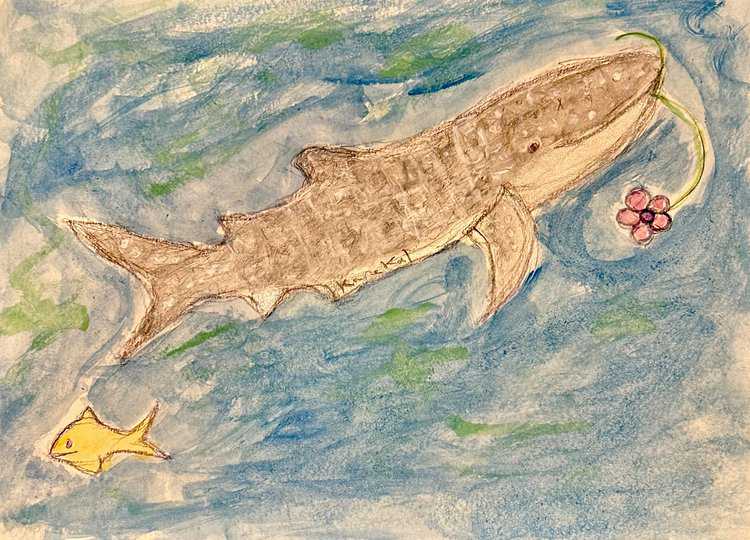In a South Korean Mega Mall, in a concrete and barren tank, Bella the Beluga Whale has sat for nearly a decade. Captured at the tender age of two in Russian waters, Bella became a star attraction at the Lotte World Aquarium, the largest of its kind in Seoul, run by one of South Korea‘s wealthiest conglomerates.
Initially sharing her tank with two male companions, Bellu and Belli, along with other polar animals, Bella became a captivating figure for visitors who delighted in observing the trio’s antics. However, tragedy struck when Bellu passed away at the age of 5 in 2016, followed by Belli in 2019 at the age of 12. In the wild, beluga whales typically enjoy a lifespan ranging from 35 to 50 years, raising concerns among Animal rights activists.
The deaths of her companions led to heightened scrutiny from South Korean animal rights activists, prompting Lotte to pledge Bella’s release in 2019. Yet, more than four years later, she remains on display, exhibiting signs of stress and engaging in stereotypical behaviors.
The controversy surrounding Bella is emblematic of the global debate over keeping dolphins and whales in captivity for entertainment. Activists argue that such practices are fueled by greed, with marine parks and aquariums profiting from the capture and display of charismatic marine mammals. The growing controversy has led to changes globally, with some countries and companies banning activities involving wild animals, but a consensus on displaying whales remains elusive.
Beluga whales, known for their intelligence and social complexity, are migratory animals found in the Arctic Ocean and surrounding regions. In captivity, their lifespan is often halved, and they suffer from the lack of mental stimulation and the inability to engage in natural behaviors.
Bella’s situation reflects a broader issue in East Asia, where the aquarium industry is booming. Despite recent moves by the South Korean government to ban aquariums from acquiring new dolphins and whales, the practice persists. The captive beluga whale population is estimated to be around 300 worldwide.
Efforts to secure Bella’s release face challenges, including the difficulty of reintegrating a captive whale into the wild. While Lotte claims to be coordinating with the South Korean Ministry of Health and Welfare for Bella’s release, the lack of transparency raises skepticism among activists.
Recent developments, such as a ban on aquariums buying new dolphins and whales in South Korea, offer a glimmer of hope for advocates. A proposed sanctuary in Norway has extended an invitation to Bella, providing a potential haven for her and another captive beluga whale named Ruby in South Korea.
As the end of 2023 approaches, Animal rights organizations are intensifying their calls for Bella’s release. The urgency to act is clear – Bella’s solitary existence in captivity jeopardizes her well-being, and the window of opportunity for a new life must not be delayed any longer.
This article by Trinity Sparke was first published by One Green Planet on 1 January 2024. Image Credit :JohnL/Shutterstock.
What you can do
Help to save wildlife by donating as little as $1 – It only takes a minute.







Leave a Reply